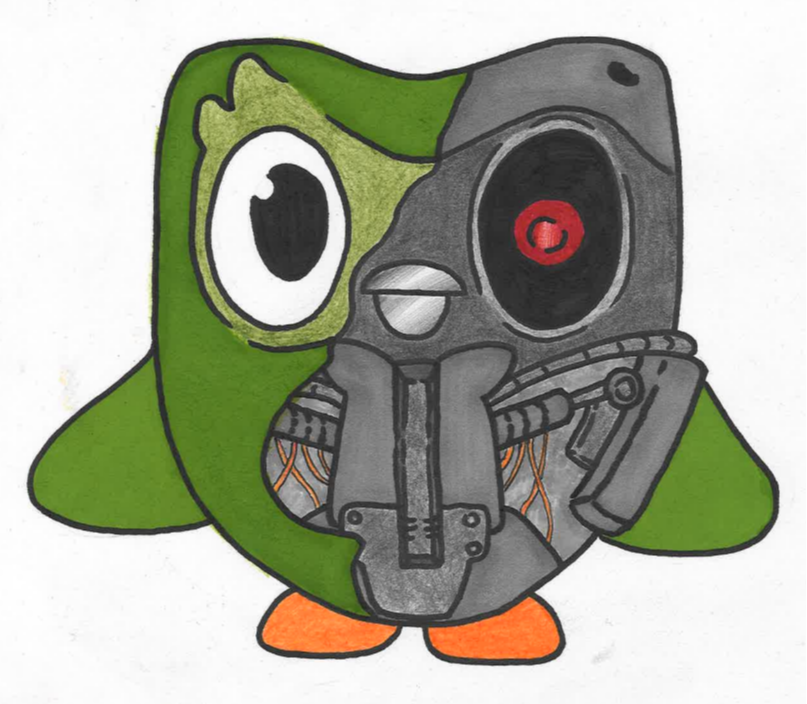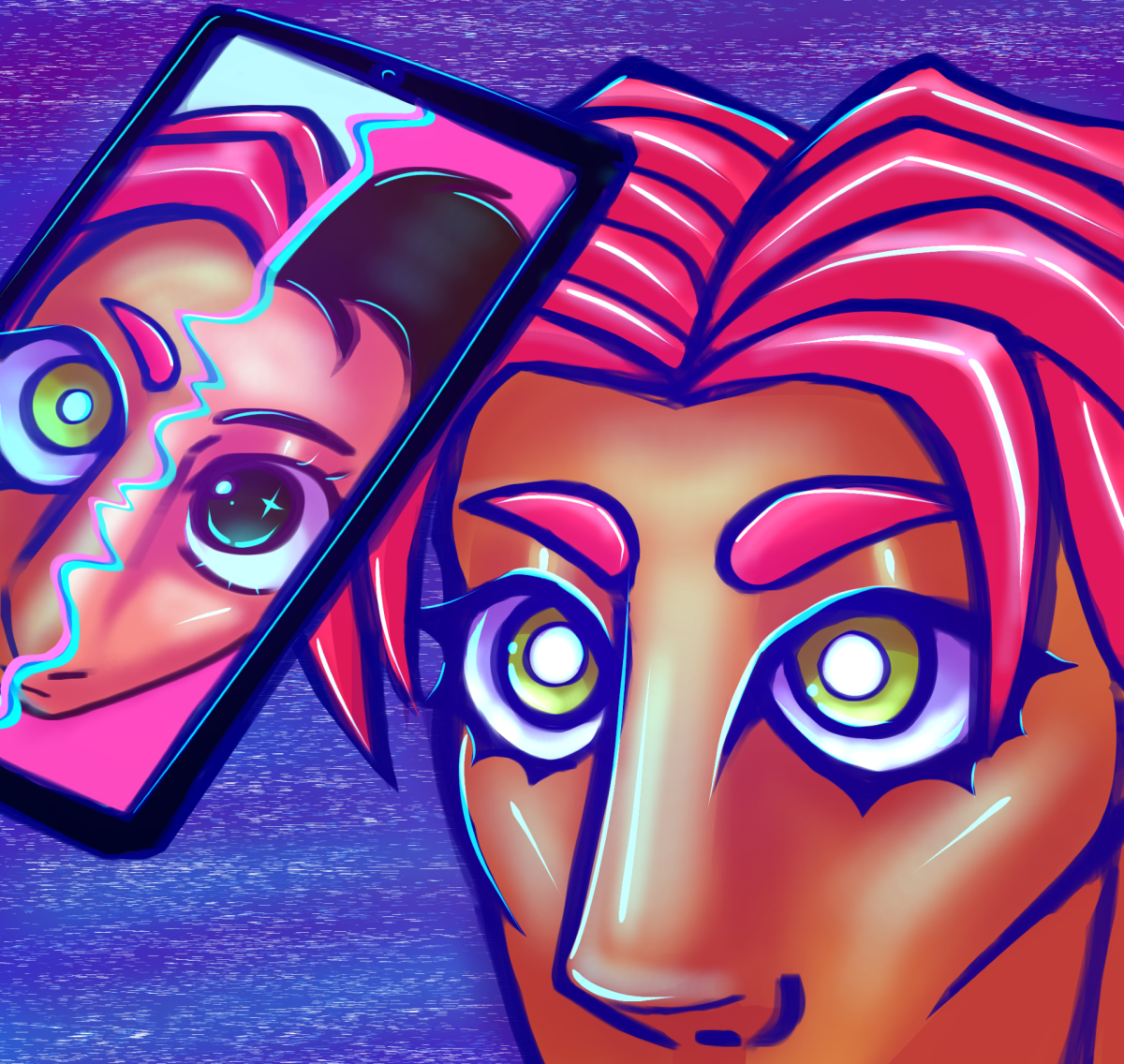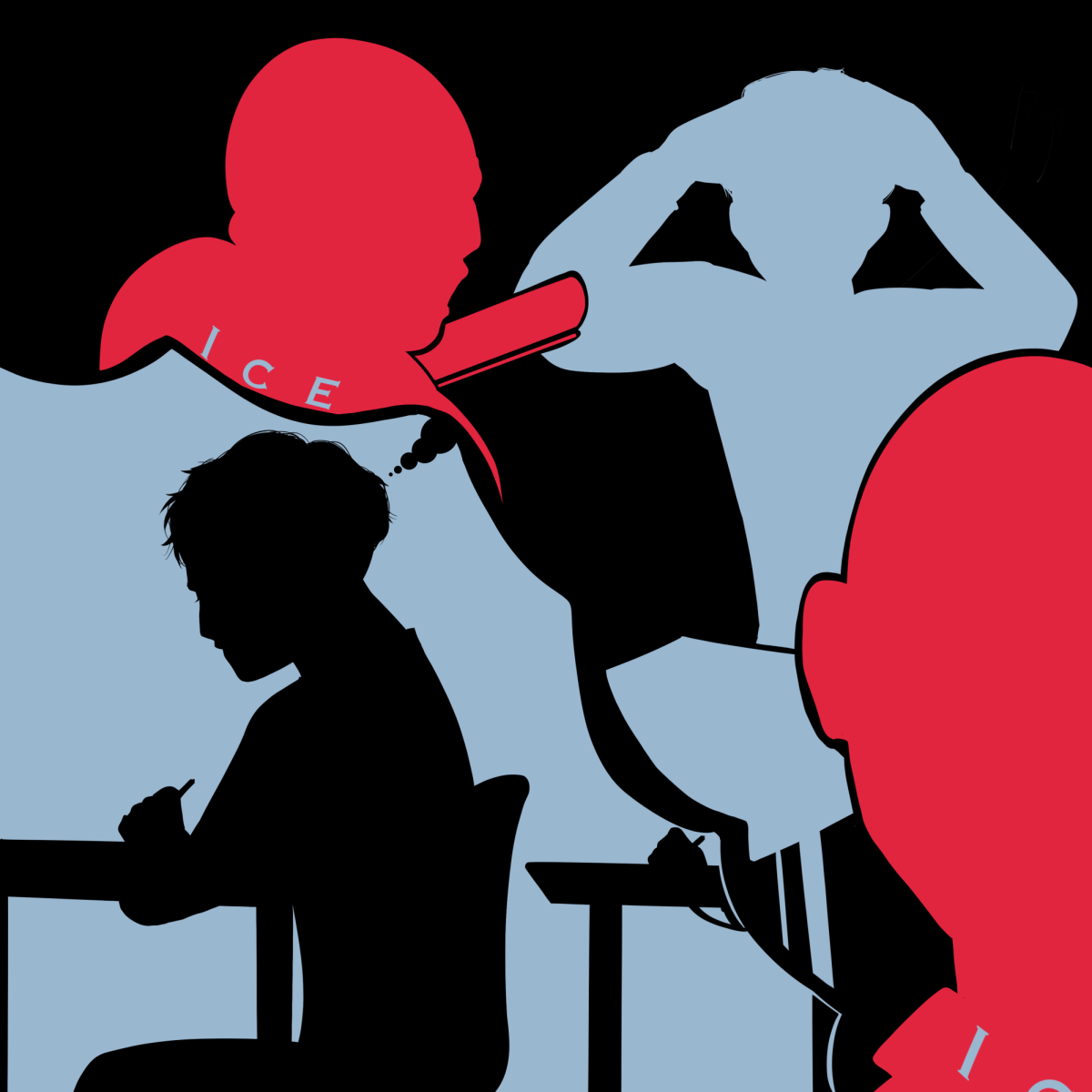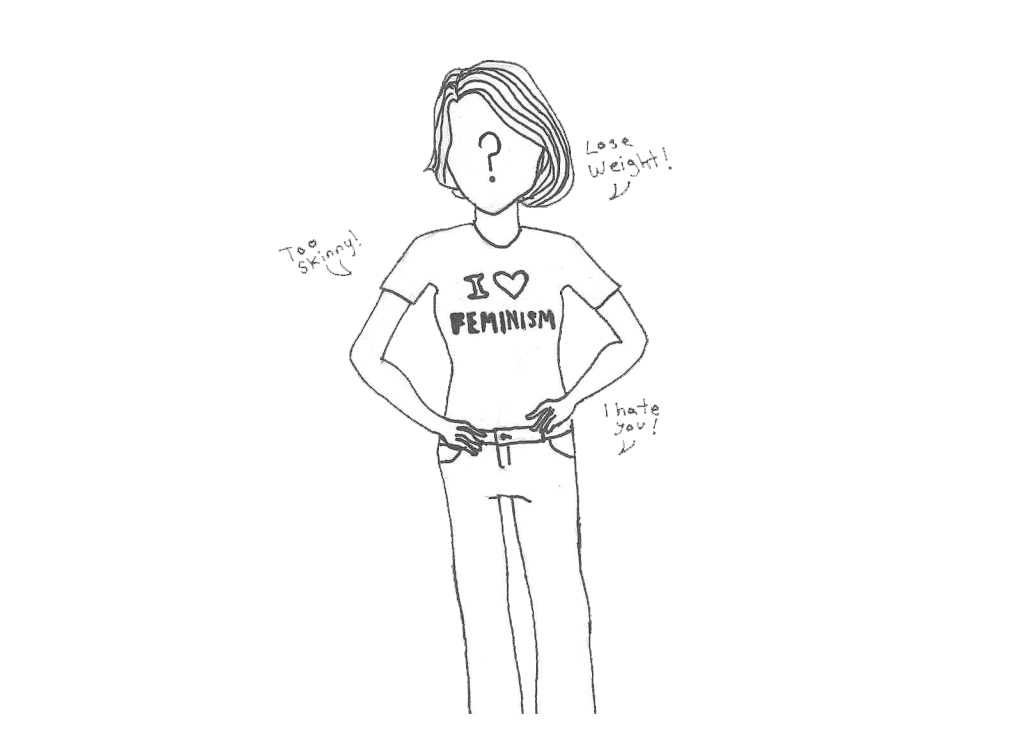Picture this, you post a TikTok, not expecting it to blow up but it does and now you’re practically internet famous overnight. At first, it’s a dream come true with thousands of fans uplifting and supporting you. Then suddenly, those same people start sending you hate and turning you into a meme.
A “lolcow” is someone who is milked for the amusement of others online, made into a public mockery and turned into a laughing stock without their knowledge. An alarming number of these Lolcow subjects often fall under the category of neurodiversity. These individuals are unjustly taken advantage of and encouraged to further embarrass themselves by their audience, who will even go far in some cases to encourage self-harm, addiction and other destructive behavior simply because they find someone else’s pain, misery and struggle entertaining. A lot of the time, these lolcows confuse mockery with admiration and think that their audience is watching them simply because they genuinely love them. Fans of lolcows, unlike fans of other content creators, instead of uplifting the persons whose content they’re watching, they do the opposite and instead peer pressure them into doing impulsive things.
The appeal of lolcow content is quite simple: misery loves company. Miserable people thrive and feed off negativity and the struggles of others. People like this only feel fulfilled and content with themselves and their lives when they’re actively tearing someone else’s life down. Despite this obviously hurtful practice, people nevertheless engage with lolcow content because it’s addictive just like any other form of social media.
The impact of being a lolcow on someone’s mental health is astronomical, with many struggling with mental health issues such as depression, anxiety and a multitude of other challenges resulting from the constant bullying, enabling and exploitation. Furthermore, many lolcows already suffer from mental disabilities that are taking a toll on their lives and well-being, and adding public harassment to that only worsens their mental health. The constant cycle of highs and lows —where one moment your audience is worshiping them and the next moment they’re degrading them— can sometimes cause lolcows to fall deeper and deeper into their internet persona. In many cases, they feel as if they have no one to turn to because all of their relationships have been destroyed by their rollercoaster lifestyle. So they turn to the only community they have: the internet.
“When it comes to Lolcow content, I don’t see the appeal in it personally, because all it does is ruin someone else’s mental health because they’re made into a joke, which can seriously ruin someone’s mental health and self-esteem,” Nasri Ali (12) said.
Take Daniel Larson for example, who is one of the most infamous lolcows on the internet, to analyze the encouragement and enablement of bad behavior in these “fandoms.” Larson’s rise to internet stardom began during the 2020 pandemic when people came across Larson’s TikTok page and soon enough, he was everywhere and en route to becoming a meme. But unlike other people who became memes and had their 15 minutes of fame fade out, many people never left him alone. The problem with that is Larson has numerous mental illnesses. People on the internet dug up a video of Larson when he was a child at a treatment center for children who are impacted by abuse, neglect and other trauma. Larson’s behavior clearly indicated some kind of suffering from mental disabilities, and his enablers almost certainly knew that but chose to make fun of him anyway for their amusement. Larson’s “fans” have encouraged Daniel to act out in public, harass people and burn all the bridges he had with his family. There have even been multiple instances of his fans purposely triggering him just so he can have a mental breakdown and they use those clips to make memes.
More insidiously, Joshua Block, aka “World Of T-Shirts”, also has a tumultuous presence on the internet dating back to 2020. First gaining internet stardom for coffee addiction, Block’s addictive personality wasn’t alarming because it was only coffee and his innocent, almost childlike personality made everything seem so much more harmless. Once he turned 21, his craze for coffee soon shifted into a craze for alcohol. Instead of people warning Block about alcohol, they chose to encourage it. As time went on, Block fell deeper and deeper into his alcoholism with the full support not only of the internet but also from a man named Micheal Quinn who was exploiting Block’s alcoholism for his own monetary gain and still is to this day.
Is it okay and responsible for us as viewers to engage with Lolcow content? Is it okay for Social media platforms to allow the posting of Lolcow content, considering that we as human beings should have enough morals to know that we shouldn’t give this content the time of day? Engaging with it is only going to encourage the creation of it. Social media platforms should also try to stop or limit the amount of Lolcow content.
“I don’t think it’s okay for people to be watching lolcow content because it negatively affects the person who’s making it and being exploited,” Rahma Mohamoud (12) said. “But I’d be lying if I said that I didn’t see the appeal to a certain extent because it’s entertaining to watch people do irrational things on the internet. But when it gets to people like ‘World of T-Shirts’ who are being encouraged to drink, that’s too far.”
Amusing oneself without thinking about the long-term effects on the person who’s the joke, and especially doing it for money, is wrong and there’s no arguing with that. As we all are connected to the internet so often, we need to do better and stop engaging with this content because it’ll only lead to more content, and thus, more abuse. Instead, we shouldn’t like, comment or interact with it in any way, even if it may be tempting to do so, because all it’s going to do is continue the cycle of exploitation.










